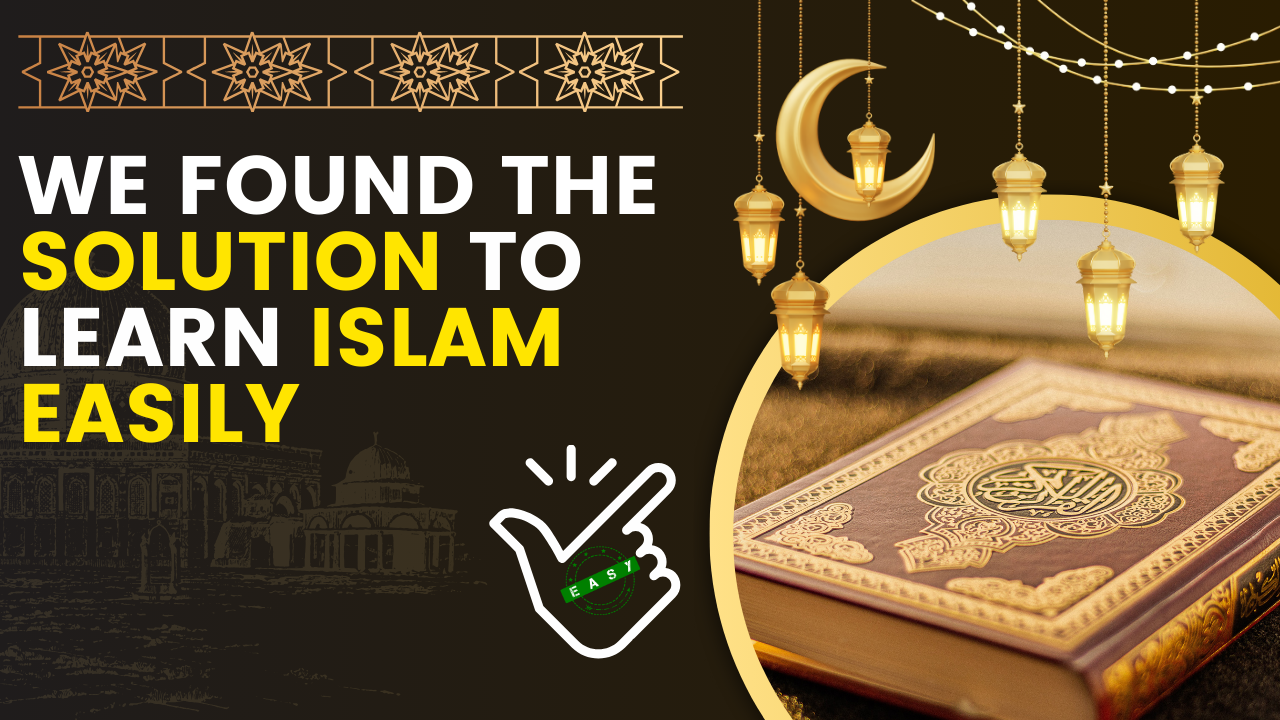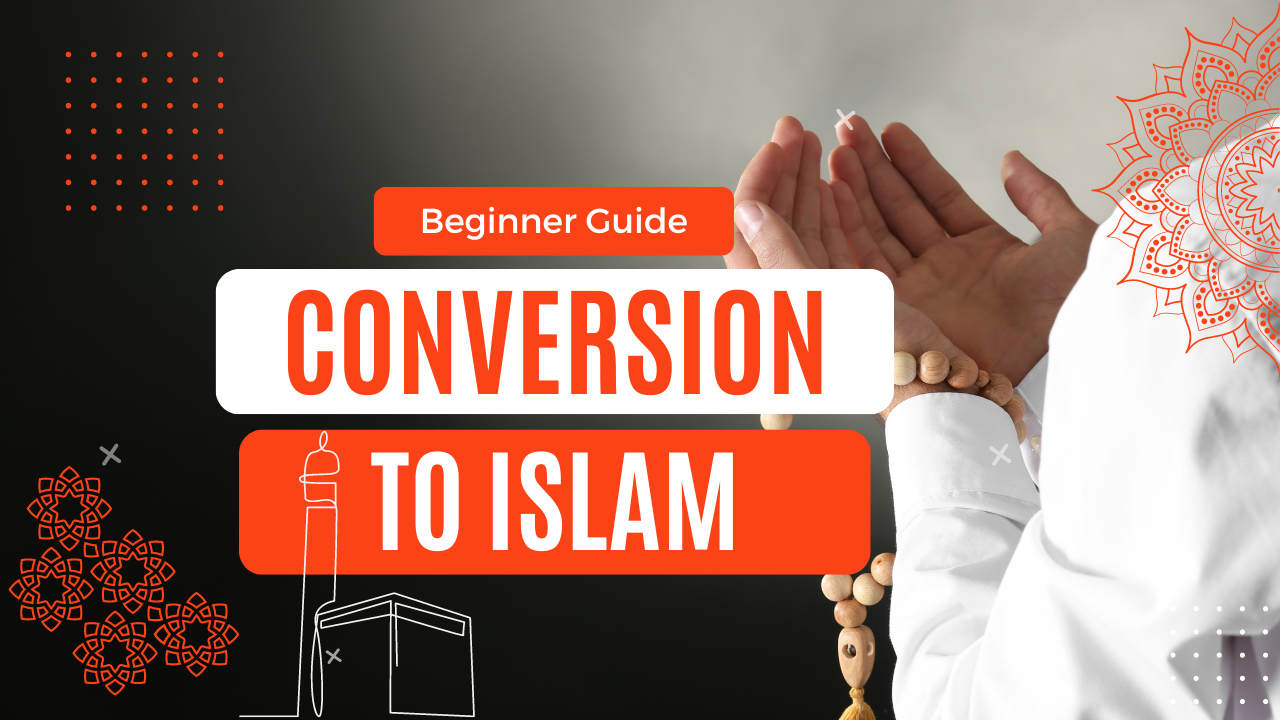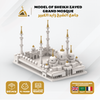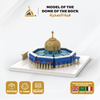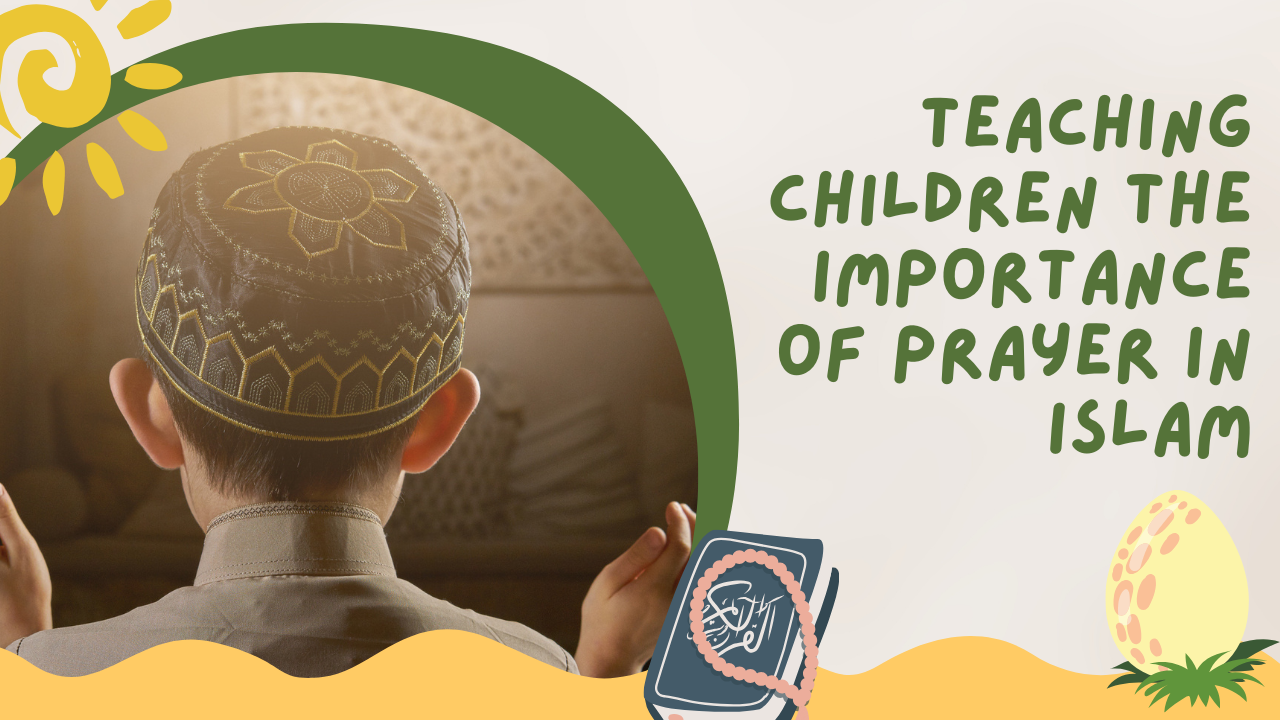In Islam, the Day of Judgement (Yawm al-Qiyamah) is a core belief signifying the end of our earthly existence and the beginning of the afterlife. It's a day of reckoning where our deeds, both good and bad, are weighed according to the divine scale, and our eternal fate is decided by Allah (SWT), the Most Merciful.
Introduction
While the exact timing of this momentous event remains unknown, the Quran and the teachings of Prophet Muhammad (PBUH) provide crucial guidance on how to prepare our hearts and actions.
This article explores practical ways Muslims can strive for a life that pleases Allah (SWT) in anticipation of the Day of Judgement.
Strengthening Your Iman (Faith):
Performing Islamic Daily Prayers: The cornerstone of faith is establishing a consistent connection with Allah (SWT) through the five daily prayers (Salat). These obligatory prayers throughout the day serve as a constant reminder of our devotion and a way to seek Allah's (SWT) guidance and mercy. Imagine the five daily prayers as spiritual showers, washing away our daily anxieties and transgressions, and allowing us to reconnect with our Creator. Performing Salat with focus and presence of heart allows you to express your gratitude to Allah (SWT) for His countless blessings and strengthens your spiritual core.
Quran Recitation and Reflection: The Quran, the literal word of Allah (SWT) revealed to Prophet Muhammad (PBUH), holds immense wisdom and guidance. Regularly reciting the Quran (with proper tajweed) and contemplating its meaning deepens your understanding of Islam, strengthens your connection to Allah's words, and brings peace to the heart. Reflecting on the Quran's verses can be like conversing with Allah (SWT), allowing you to gain insights into His divine will and how to better navigate your life according to His teachings. Consider participating in a local Quran study group or tafsir (Quran commentary) classes to gain a deeper understanding of the Quran's message.
Supplication (Dua): Making sincere supplications (Dua) to Allah (SWT) is a powerful act of worship. Pour your heart out to Allah (SWT), seeking guidance, strength, and forgiveness to live a righteous life that pleases Him. Supplication is a form of emotional vulnerability before Allah (SWT), acknowledging your dependence on Him and your desire for His mercy and grace. In your duas, express your gratitude for Allah's (SWT) blessings, seek His guidance in making difficult choices, and ask for forgiveness for your shortcomings.
Living a Moral Life:
Following Islamic Teachings: The Quran and the Hadith, sayings and traditions of Prophet Muhammad (PBUH), provide a comprehensive roadmap for living a moral life that pleases Allah (SWT). This includes fulfilling the Five Pillars of Islam: Shahadah (declaration of faith), Salat (prayers), Zakat (obligatory charity), Sawm (fasting during Ramadan), and Hajj (pilgrimage to Mecca for those who are able). Following these pillars strengthens your faith, purifies your wealth, teaches you discipline and empathy, and allows you to contribute to the betterment of the Muslim community. Consider visiting your local masjid to learn more about fulfilling the Five Pillars and how they can enrich your life.
Good Deeds in Islam: Prophet Muhammad (PBUH) emphasized the importance of good deeds (Hasanat) done for the sake of Allah (SWT). Seek opportunities to help those in need, volunteer your time and skills, offer a helping hand, or simply spread kindness with a smile. Every good deed, no matter how small, can bring you closer to Allah's (SWT) pleasure. Consider volunteering at your local masjid, helping a neighbor in need, or donating to a worthy cause. These acts of charity and compassion not only benefit others but also cultivate a spirit of selflessness that pleases Allah (SWT). Helping those less fortunate can also include acts of kindness like visiting the sick, offering a listening ear, or standing up for justice.
Avoiding Sin: Be mindful of actions and words that displease Allah (SWT) and actively avoid them. This includes major sins like shirk (polytheism) and zina (adultery) as well as minor sins like lying, backbiting, and neglecting your Islamic obligations. While everyone makes mistakes, striving to avoid sin demonstrates your commitment to living a life guided by Islamic principles.
Seeking Forgiveness: No one is perfect, and everyone makes mistakes. Islam emphasizes the importance of seeking forgiveness (Tawbah) from Allah (SWT) sincerely. When you acknowledge your shortcomings and repent with a genuine desire to improve, Allah (SWT), The Most Merciful, is always ready to forgive. Make sincere dua (supplication) for forgiveness, strive to make amends for your mistakes, and commit to avoiding similar transgressions in the future.
Remembering the Day of Judgement: Keeping the Day of Judgement (Yawm al-Qiyamah) in mind can serve as a powerful motivator to live a righteous life. Imagine the accountability of that day when your deeds are weighed, and your eternal fate is decided. Contemplating the Day of Judgement can instill a sense of urgency to prioritize good deeds and avoid sin. However, this contemplation should not be a source of fear, but rather a reminder of Allah's (SWT) justice and the importance of living a life that reflects your faith.
Focus on the Hereafter: While living a good and productive life in this world is important, remember that the ultimate purpose is to gain Allah's (SWT) pleasure in the Hereafter (the afterlife). The Hereafter is an eternal abode where believers will be rewarded for their good deeds and faith. By focusing on the Hereafter, you can make choices that will benefit you not only in this temporary life but also in the everlasting life to come.
Conclusion
By strengthening your faith through consistent prayer, Quran recitation, and supplication, living a moral life that follows Islamic teachings, performing good deeds, and seeking forgiveness for your shortcomings, you can strive for a life that pleases Allah (SWT) in preparation for the Day of Judgement. Remember, Allah (SWT) is The Most Merciful, and His forgiveness is always available to those who repent sincerely. This journey towards a life pleasing to Allah (SWT) is a continuous process, filled with opportunities for growth and self-improvement. May Allah (SWT) guide us all on this path and grant us success in this life and the Hereafter.



